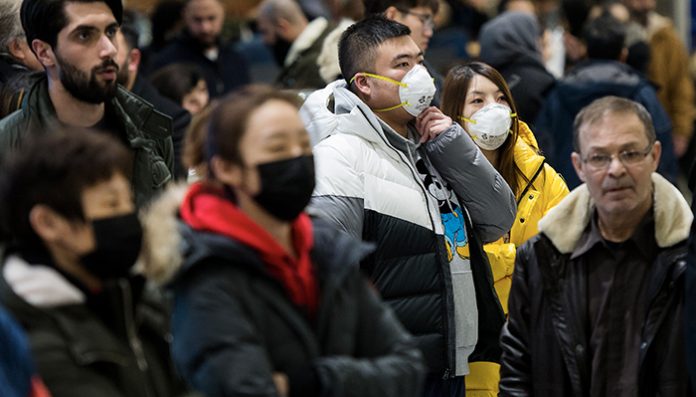Coronaviruses are a large family of viruses that cause respiratory illness ranging from the common cold to more severe diseases. Some coronaviruses transmit between animals, some between animals and people, and others from human to human. Human coronaviruses are common and range from causing mild illnesses such as the common cold, to severe illnesses such as Severe Acute Respiratory Syndrome Coronavirus (SARS CoV) and Middle East Respiratory Syndrome Coronavirus (MERS CoV).
A cluster of undiagnosed viral pneumonia cases were first reported in Wuhan, China on December 31, 2019, and has now been confirmed as the result of a new coronavirus that has not previously been identified in humans.
TPH is closely working with the local healthcare team and the resident to follow up with all their known contacts who may have potentially been exposed to this virus and to assess if there is a potential health risk. TPH has also activated its local preparedness and response plan which includes:
- Providing regular updates on screening and infection control measures to health care providers.
- Continuing to actively monitor the situation with provincial and national health agencies, and stakeholders including local hospitals, airports and community agencies.
While the risk of getting infected in Toronto remains low, novel coronavirus (2019-nCoV) has been identified at the same time as local circulation of influenza, also known as the flu, is common in Toronto. Toronto Public Health advises residents to take the usual measures to reduce the risk of the transmission of the flu and respiratory illness:
- Get a yearly influenza vaccination, available from clinics and pharmacies.
- Wash your hands frequently and thoroughly with soap and water, or use an alcohol-based hand sanitizer.
- Cover your mouth and nose when you cough or sneeze.
- If you don’t have a tissue, sneeze or cough into your sleeve or arm.
- Stay at home if you are sick.
Flu and respiratory illness symptoms include sudden onset of a high fever, chills, sore throat, cough, muscle aches and difficult breathing. As a reminder, the flu can spread to others before symptoms even appear. Older individuals or individuals with pre-existing medical conditions such as asthma or heart disease are at higher risk of severe illness. If you or a family member have concerns about any symptoms, contact your health care provider.
Residents who have returned from recent international travel and become ill with respiratory signs and symptoms such as a cough and fever are reminded to report their travel history to any health professional, or any emergency room, when they visit.
“It is understandable that people may be concerned with today’s news of our first case and that people may worry, but I assure you that based on the lessons we learned from SARS now 17 years ago, and given our experiences during the flu pandemic of 2009 and more recently, with Middle Eastern respiratory syndrome, we have learned, shared knowledge and built a stronger public health system that is ready to respond, as needed. One of our main roles in public health is to manage the spread of infectious diseases like this one and keep our residents safe and healthy. We will continue to actively monitor this situation with our provincial and national health colleagues and update the public, as needed.” Dr. Eileen de Villa, Toronto’s Medical Officer of Health
The Public Health Agency of Canada released this statement:
“The Government of Canada has been working closely with provincial and territorial counterparts, and international partners, since China first reported 2019-nCoV cases to ensure that our country is prepared to limit the spread of 2019-nCoV in Canada. Canadian hospitals have strong infection control systems and procedures in place to limit the spread of infection and protect health care workers. Measures to mitigate the risk of introduction and spread of diseases like the new coronavirus in Canada are in place, including messaging on arrival screens at the Toronto, Montréal and Vancouver international airports reminding travellers to inform a Border Services Officer if they are experiencing flu-like symptoms, and an additional health screening question on electronic kiosks used by international travellers.
While the risk of an outbreak of novel coronavirus in Canada remains low, I encourage Canadians to tell your health care professional if you have travelled to an affected area of China, and develop flu-like symptoms. You can find more information about the 2019 Novel Coronavirus online at Canada.ca/coronavirus.”
The Honourable Patty Hajdu, P.C., M.P.








